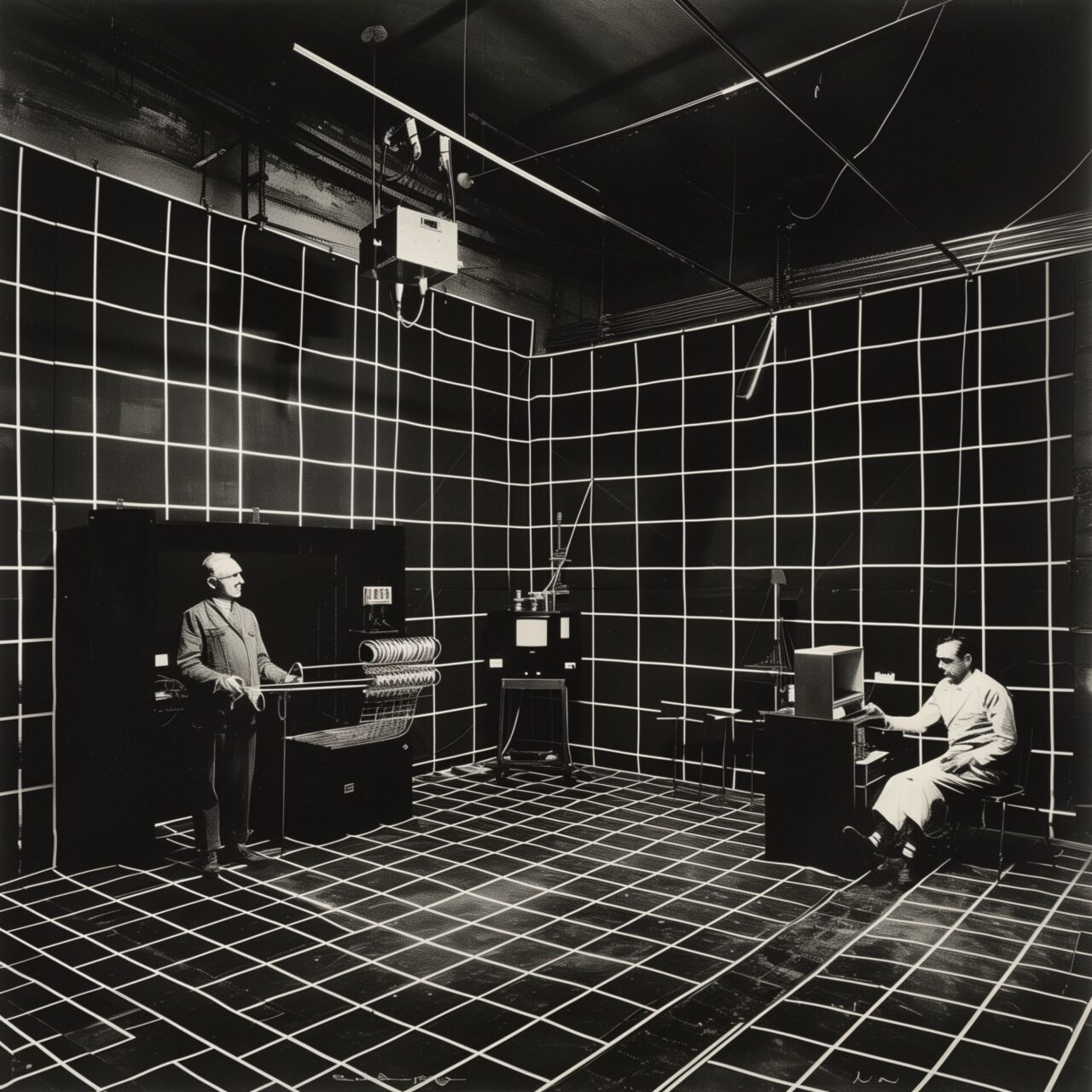
What is intelligence?
Intelligence, one of the most debated concepts in psychology, education, neuroscience and philosophy, defies a simple definition. It encompasses a wide range of abilities, including problem solving, learning, understanding, reasoning and adapting to new situations. In this article, we will explore the various dimensions of intelligence from a scientific and popular science perspective to paint a holistic picture of this complex phenomenon.The systematic study of intelligence began in the late 19th and early 20th centuries. Francis Galton, a cousin of Charles Darwin, was one of the first to attempt to measure intellectual ability by recording sensory acuity and reaction times. However, the modern concept of intelligence and its measurement through intelligence tests began with the work of Alfred Binet and Théodore Simon, who developed the first modern IQ test to identify academic need in French children.
The multiple intelligences theory
Howard Gardner significantly expanded the concept of intelligence with his theory of multiple intelligences, which was introduced in the 1980s. Gardner argued that intelligence is not one-dimensional and cannot be fully captured by standardised IQ tests. He identified several types of intelligence, including linguistic, logical-mathematical, musical, spatial, bodily-kinesthetic, interpersonal, intrapersonal and natural intelligence.
The brain and cognitive functions
Neuroscientific research has contributed significantly to our understanding of the biological basis of intelligence. Imaging studies show that intelligence is linked to specific brain structures and functions, including the efficiency of neural networks and brain plasticity. The prefrontal cortex plays a central role in higher cognitive functions such as planning, problem solving and decision making.
Psychometric perspective
Psychometric tests commonly used to measure intelligence are typically based on a variety of tasks that assess abstract thinking, spatial reasoning, language comprehension and other cognitive abilities. The intelligence quotient (IQ) is a measure of how well someone performs compared to a broad population. However, critics of these tests point out that they can contain cultural, social and educational biases.
Socio-cultural factors
Intelligence is not only determined by genetic factors, but is also deeply embedded in socio-cultural contexts. Educational opportunities, socio-economic status, cultural values and expectations play a crucial role in the development of intellectual abilities. Research shows that a stimulating environment that provides early childhood education, nutrition and emotional support contributes significantly to cognitive development.

Machines and human intelligence
The emergence of AI has deepened the debate about intelligence. Machine intelligence, the ability of computers and robots to learn, think and solve problems, raises questions about what intelligence really is. AI systems can outperform humans in specific tasks, but they lack the full spectrum of human emotional and social intelligence.
Conclusion
Intelligence is a multi-layered construct that encompasses cognitive abilities, emotional and social intelligence and is influenced by a variety of biological, psychological and social factors. While research continues to make progress, fully capturing and understanding intelligence remains a challenge that crosses disciplines and requires continued scientific curiosity.


